
Blog
Infants are in danger! Need for Climate Action
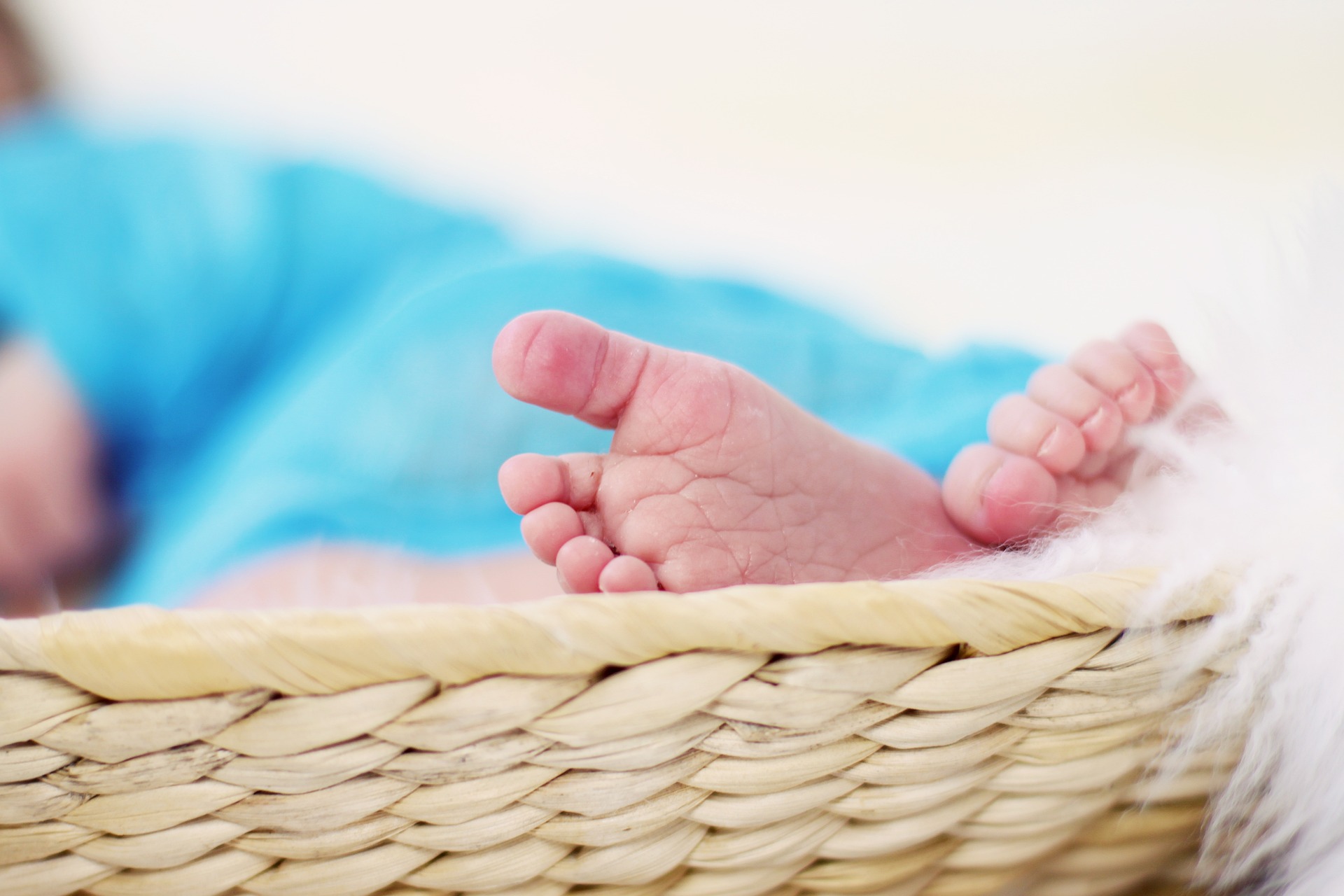
When we think about global warming, we often focus on melting glaciers, rising sea levels, and disappearing wildlife. But have you ever considered how climate change might be affecting the most vulnerable among us—babies? It’s easy to overlook, but the truth is, global warming is quietly impacting infants in profound ways, even before they’re born.
As parents, caregivers, or simply concerned citizens, it’s important to understand the unique challenges that climate change is posing to the youngest generation.
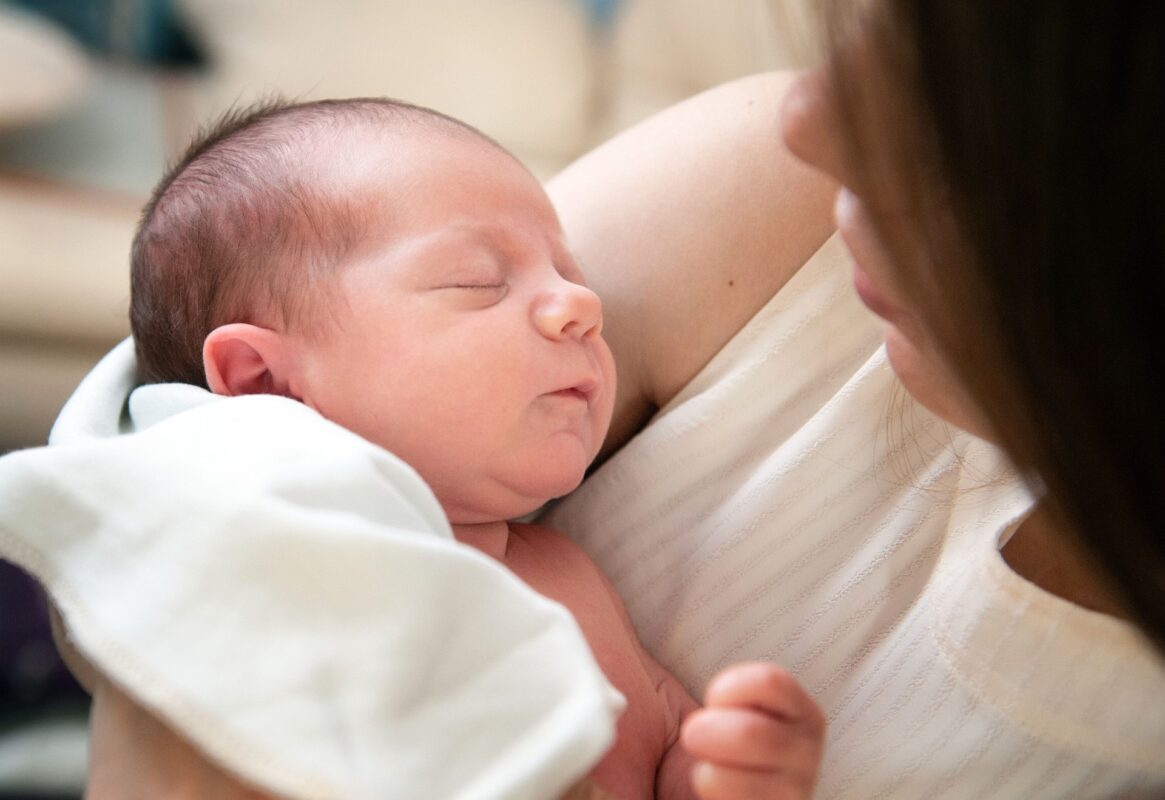
Let’s explore how global warming is affecting babies and why protecting them should be a top priority for all of us.
1. Even Before Birth
Even before a baby is born, the environment plays a huge role in their development. It’s difficult to imagine and realize it, but the effects of global warming start early—during pregnancy.
Pregnancy Risks of Pregnancy
Imagine being pregnant during a heatwave. It’s uncomfortable, exhausting. As global temperatures rise, heatwaves are becoming more frequent and intense. So, it’s not hard to picture that pregnant women are particularly vulnerable to extreme heat.
When the body overheats, it puts stress on both the mother and the developing baby. It was pointed out that preterm births—the primary cause of childhood mortality—surge during heatwaves, while older adults face heightened risks of heart attacks and respiratory issues. Research shows that for every 1°C rise in the minimum daily temperature above 23.9°C, the risk of infant death can increase by up to 22.4%.
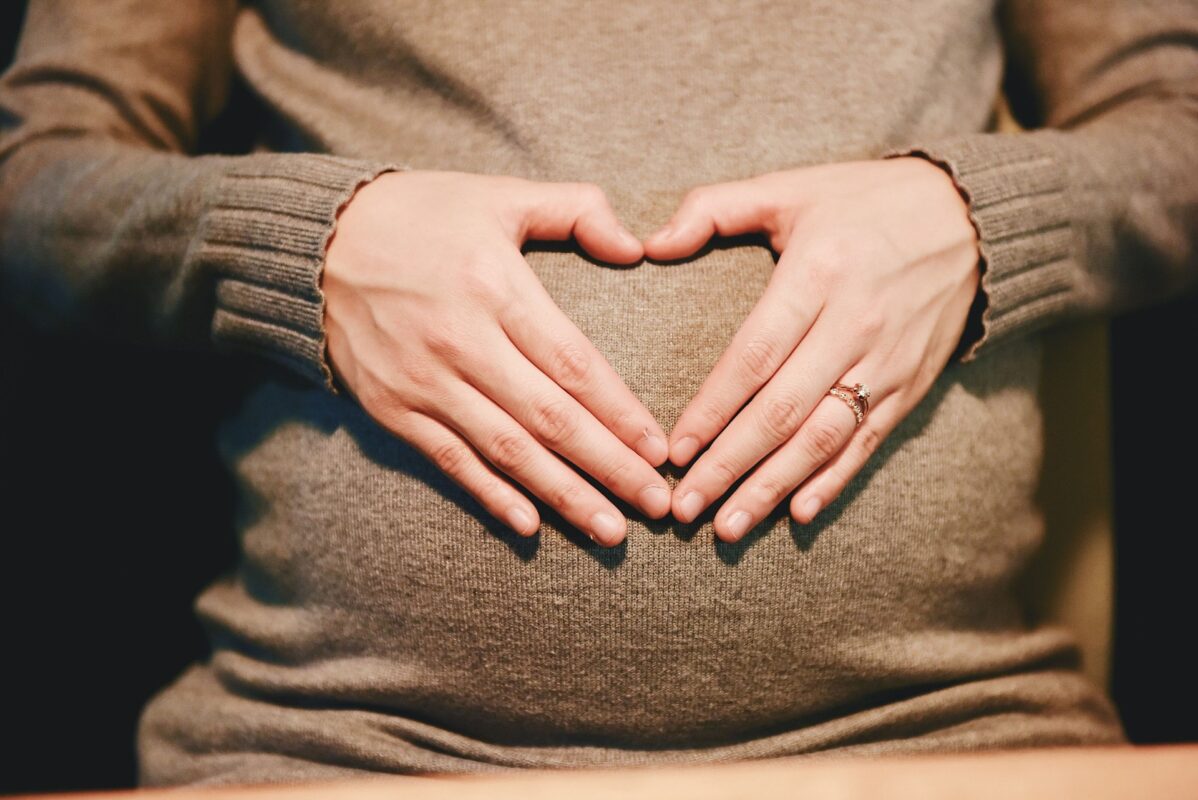
Air Pollution and Fetal Health
Let’s talk about air quality for a moment. Unfortunately, global warming is making air pollution worse.
Air pollution, especially the tiny particles in smog, also can be harmful to pregnant women and their developing babies. Breathing in polluted air has been linked to complications like preterm birth and low birth weight, both of which can have long-term effects on a child’s health. Babies born too small or too soon often face challenges right from the start, from weakened immune systems to breathing problems.
Ambient air pollution raises the risk of high blood pressure during pregnancy, low birth weight, preterm birth, and adverse effects on fetal brain and lung development. It also increases the likelihood of respiratory illnesses and cancers, particularly among children and the elderly.
Climate Change and Food Insecurity
Now, think about nutrition. We all know how important a healthy diet is during pregnancy, but what happens when climate change disrupts the food supply? As you know, because of increasing droughts, floods, and other climate-related disasters, it is becoming harder for farmers to grow crops, which can cause food shortages or price hikes. A study found a 30% increased risk for stillbirths among women living in the lowest income neighborhoods. For pregnant women, especially in low-income regions or households, food insecurity is one of the biggest problems in their lives.
As we’ve gone through, it is clear that climate change can damage us so bad. Next, let’s look at the impact on the infancy.
2. After Birth: How Global Warming Affects Infants
Once a baby is born, the problems of global warming don’t just go away. In fact, the first few months and years of life are when babies are most vulnerable to environmental changes.
Extreme Heat and Babies
It’s uncomfortable to spend a long time in a hot place, sweating. Did you know that babies can’t control their body temperature as we do? Therefore, during intense heatwaves, they’re at a much higher risk of heat exhaustion or heatstroke.
There is a data that shows a lot of infants lost their lives because of the heat, according to an NBC News analysis of data from the Centers for Disease Control and Prevention. As heatwaves become more frequent, parents and caregivers need to be extra vigilant.
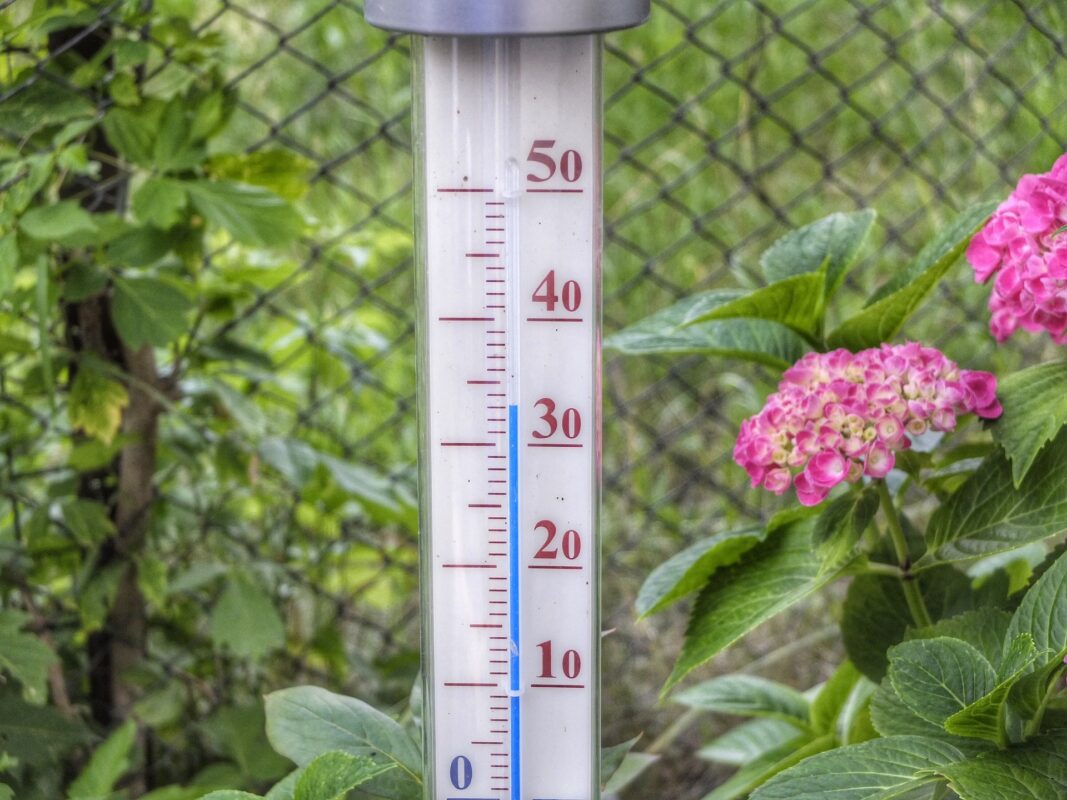
Air Quality and Respiratory Health
Babies’ lungs are still developing, and their small bodies can’t filter out pollutants as effectively as adults. This makes them especially vulnerable to respiratory problems when the air quality is poor. Exposure to polluted air can cause or worsen conditions like asthma, which is a growing problem for children worldwide.
A study involving a birth cohort of infants in Beijing, China, found that prenatal exposure to submicron and fine particles was linked to a higher risk of weight gain in one-year-old infants. Similar results were observed in Hispanic infants, with a cohort in Southern California indicating that both particulate matter and gaseous pollutants were associated with increased body fat during the first six months of life.
Changing Disease Patterns
As I have introduced in other articles, mosquitoes, for example, thrive in warmer climates and are now carrying diseases like malaria and dengue fever to new places. Babies are particularly vulnerable to these diseases because their immune systems are still immature.

In adults, dengue symptoms are often asymptomatic or mild, with severe disease developing in about 1 in 20 cases. However, infants are more likely to experience severe disease compared to older populations. Data indicates that infants under one year old and children aged 4 to 9 years are particularly at risk for serious complications, including plasma leakage and the potentially life-threatening dengue shock syndrome.
In addition: The women who are considered victims
For woman again, pregnant and postpartum women can be at increased risk of experiencing post-traumatic stress disorder (PTSD) and depression after natural disasters and extreme weather event. The physical effects of environmental hazards are not the sole concern for pregnant women. Women who have recently given birth or are currently pregnant face an increased risk of severe stress. This heightened vulnerability is linked to the mental health challenges caused by weather-related disasters driven by climate change.
What Can We Do?
You would be wondering—what can we do to protect babies and women from the effects of global warming? Babies can’t speak for themselves, but we can speak for them. We can act for them!
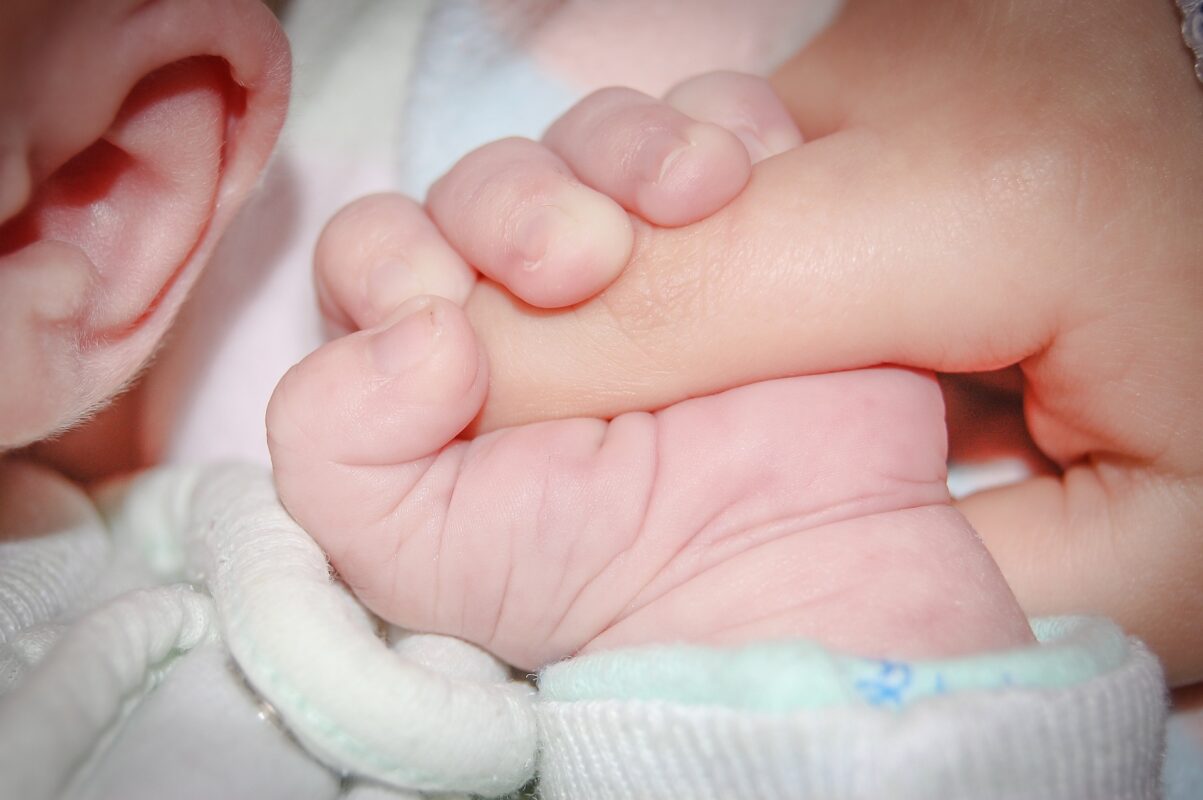
On a personal level, we can contribute by using energy-efficient appliances and supporting renewable energy. On a societal level, we can collaborate with environmental organizations, and supporting companies working on climate conservation through carbon credits is also an effective approach.
But the most important thing we can do is raise awareness. You can contribute to the greener environment, which benefits your baby or your wife, your mother, your family, and yourself. Let’s stand up and take action!
